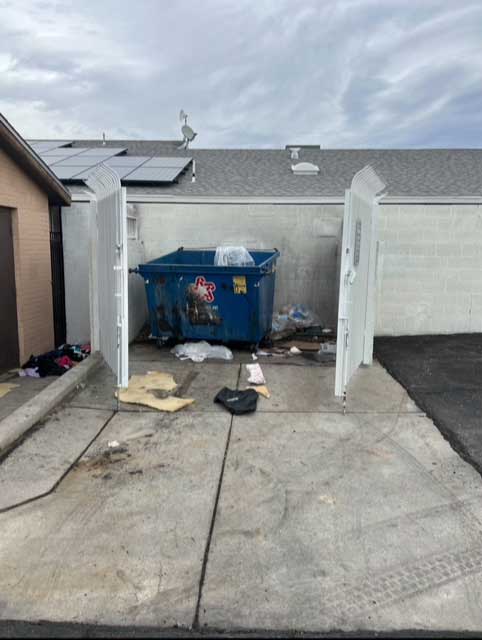

UNDERSTANDING THE HAZARDS OF HOMELESSNESS
Unpacking Environmental and Health Concerns in Urban Landscapes
UNDERSTANDING THE HAZARDS OF HOMELESSNESS
Unpacking Environmental and Health Concerns in Urban Landscapes
In urban environments worldwide, the issue of homelessness not only affects individuals without shelter but also poses significant environmental and health concerns. From pollution to public health crises, the ramifications of homelessness extend far beyond the immediate social landscape. Let's delve into the intersection of homelessness, environmental impact, and public health, and explore ways to address these pressing issues.
The Hidden Costs: Exploring Environmental Impact
Homelessness contributes to environmental degradation through increased waste generation, improper waste disposal, and resource consumption. Without access to proper sanitation facilities, homeless individuals often resort to makeshift shelters and public spaces, leading to littering and pollution of urban environments. Moreover, the use of open fires for cooking and heating in makeshift encampments can release harmful pollutants into the air, further exacerbating air quality issues in densely populated areas.
If you are facing this problem on your property, Squeaky Clean CC, offers property cleanup and restoration, and parks cleaning and sterilization. Call today for a free quote at (702) 355-1125
Health at Risk: The Toll of Homelessness on Individuals
The lack of stable housing exposes homeless individuals to a myriad of health hazards, including exposure to extreme weather conditions, inadequate access to clean water and sanitation, and higher rates of infectious diseases. Additionally, living in crowded and unsanitary conditions increases the risk of respiratory infections, skin diseases, and vector-borne illnesses among homeless populations. Mental health challenges such as stress, anxiety, and depression further compound the health risks faced by individuals experiencing homelessness, leading to poor overall well-being and reduced life expectancy.
A Call for Collective Action: Addressing Homelessness and Its Impacts
To address the environmental and health concerns associated with homelessness, it is imperative to adopt a multi-faceted approach that combines housing solutions with environmental stewardship and public health initiatives. Investing in affordable housing programs, supportive services, and mental health resources can provide stability and support to homeless individuals while reducing their environmental footprint. Additionally, implementing sustainable waste management practices and promoting access to clean water and sanitation facilities in urban areas can improve environmental quality and public health outcomes for all residents.
As communities grapple with the complex challenges of homelessness, it is essential to recognize the interconnected nature of environmental sustainability, public health, and social justice. By working together to address the root causes of homelessness and mitigate its environmental and health impacts, we can create healthier, more resilient communities for everyone.
Let's join hands to address the environmental and health concerns associated with homelessness. Advocate for policies that prioritize affordable housing, support services, and environmental sustainability initiatives. Support local organizations and initiatives working towards holistic solutions for homelessness and its impacts on our communities. Together, we can create positive change and build a more equitable and sustainable future for all.



